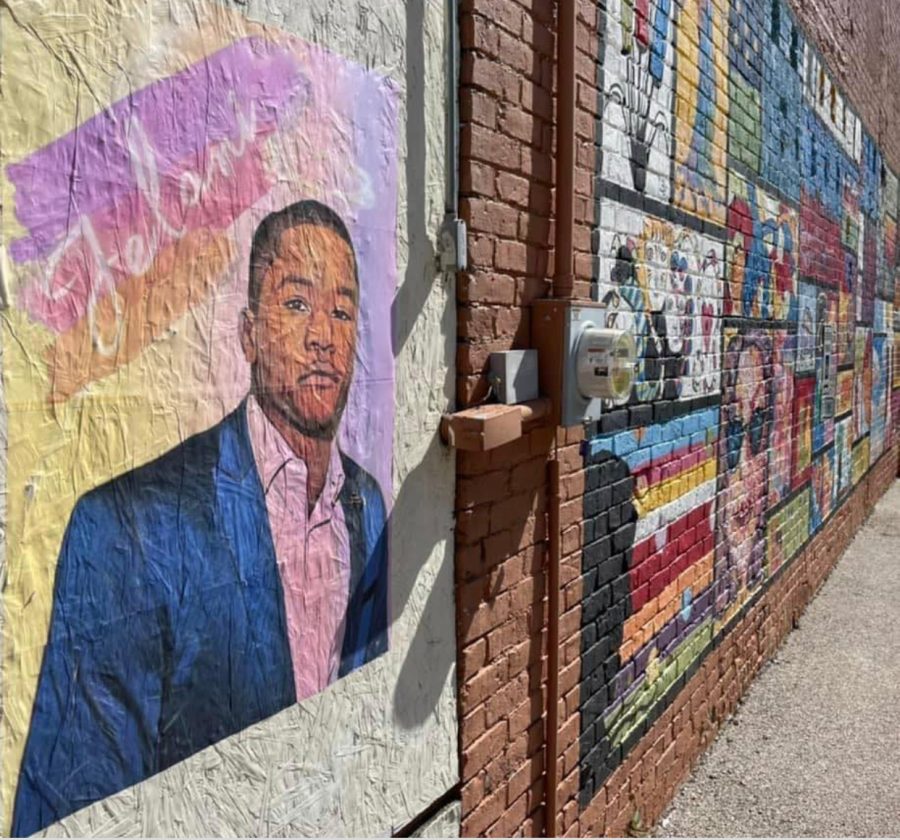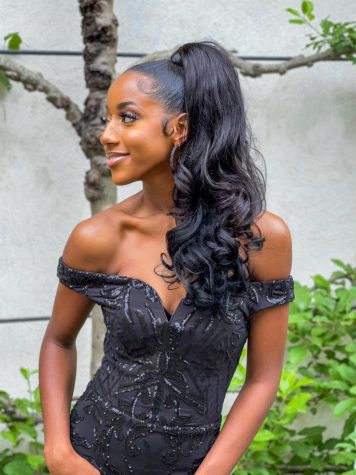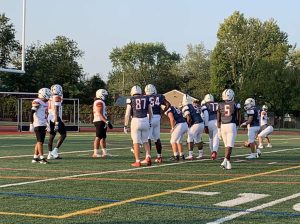The case of Jelani Day: bias, perspective and equity in news coverage
The disappearance that sparked questions regarding publicity and equity in national news outlets
October 10, 2021
The disappearance of Jelani Day, 25, catalyzed an uproar of questions concerning media publicity, due to the recent missing person case of Gabby Petito, 22.
Day’s case poses questions about the lack of media coverage within the country. This past month, a variety of news outlets have constantly been informing the public about Petito, meanwhile, Day has barely received any coverage at all.
RV’s Media Center clerk Lelania Wells stated, “I’ve heard of him, [but] I don’t know the full story… it’s just quick blurbs, or it’s kinda hidden within some of the other news stories.”
On the Fox News website, there are 100 sources that range from photos, articles and videos on the updates of the Petitio case, however, Day only has one article; the day his body was discovered in the river. Other national news outlets, like MSNBC, also have limited coverage of anyone other than Petito.
“The news outlet[s] [are] all about perspective,” said Hainesport resident Tasha King, “I have to watch three different news stations so I can know the full story because stations like Fox News will not go in-depth with stories pertaining to Black people unless they committed a crime like murder.”
According to Future Learn, “Media bias can affect the selection of events and stories that get published, the perspective from which they’re written, and the language chosen to tell them.”
Wells said that society, emotion, economics, and race play a part in media coverage. She also adds, “The news only picks and chooses what stories they think the general population [would like].”
“The bias shown in the media causes me not to watch the news,” said King, “It is horrible how they decide what is newsworthy. There are Black people that have either been missing for years or recently—and there are hardly any stories about them. But when white women disappear, the whole world is involved with their case.”
Our Black Girls is an online webpage that shares the stories of missing black women in the country. The information on the website is derived from missing persons databases, archived news footage, and old news articles.
Erika Marie Rivers, owner of the website, stated, “…when it comes to Indigenous women and with Black women, and we’re like, ‘Hey, we exist as well.’ It’s not to say stop searching for that white woman. It’s like, search for our women as much as you do anybody else and make sure that whatever energy that you place into one case is the same energy that you place into others.”
The investigation of Day’s case shifted from suspected foul play to a possible suicide. Carmen Bolden-Day, his mother, opposes the FBI’s belief.
“He had a sound mind. He was not troubled by anything,” said Bolden-Day, “We had just spoken on Monday. We have a family vacation that’s planned for Thanksgiving. We were planning for that vacation.”






